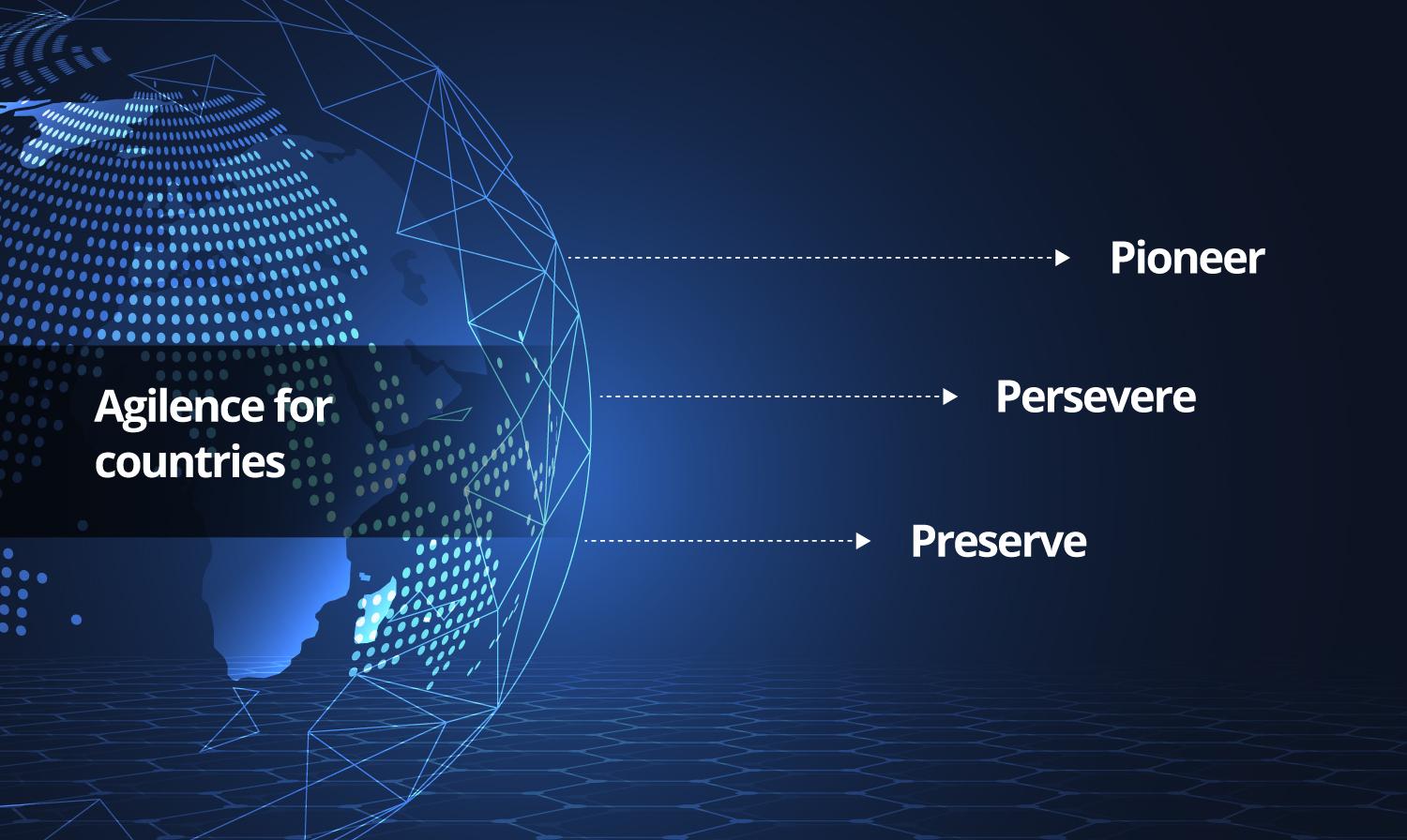Digital transformation
Resigience - a necessary life skill in a post-COVID world (Part 1)


Disclaimer: The statements and opinions expressed in this article are those of the author(s) and do not necessarily reflect the positions of Thoughtworks.
